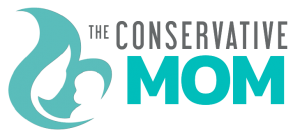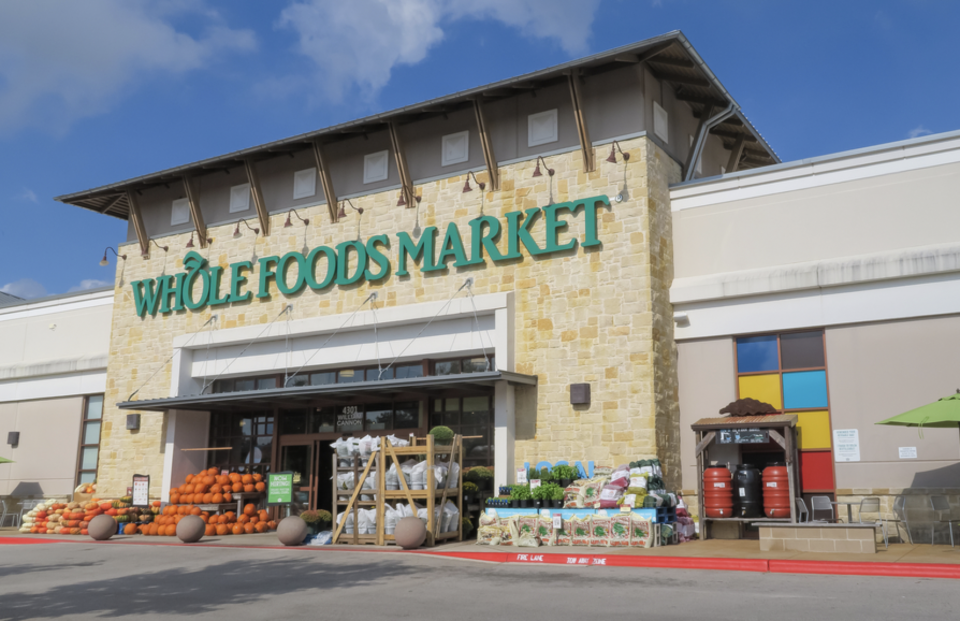A recent ruling from a National Labor Relations Board (NLRB) administrative law judge favored Whole Foods in a case stemming from the company disciplining employees in 2021 for wearing Black Lives Matter (BLM) apparel, which violated Whole Foods’s established dress code. The judge’s decision emphasized that wearing such apparel wasn’t linked directly to the employees’ employment or working conditions. However, the affected employees have the opportunity to appeal to the full NLRB, where they might receive a more sympathetic reception.
Whole Foods, while pleased with the ruling, attempted to maintain a balanced response. The company articulated its ongoing commitment to fostering a diverse and inclusive workplace, emphasizing the importance of creating a safe environment for all employees. They refrained from outright gloating over the outcome of the case.
Conversely, Shannon Liss-Riordan, the attorney representing the workers, viewed the decision differently. She contended that if employees genuinely believe their actions aim to enhance workplace conditions, those actions should be considered protected activity.
Indeed, while such expressions are protected, they can also serve as overtly political statements that foster division within the workplace rather than fostering unity. Companies retain the right to restrict employees’ political speech if it incites divisiveness, poses threats, or fosters a toxic work environment.
Despite the company’s outward support for the BLM movement, employees filing the complaint alleged a lack of support for workers who wished to show solidarity with the movement, which highlights issues related to systemic racism and police violence against Black individuals.
The NLRB has seen a shift toward more left-leaning positions following the addition of two Democratic board members. However, federal courts consistently dismissed legal actions taken by employees against Whole Foods. Prior rulings have favored the company, including the dismissal of a lawsuit from former employees and a federal appeals court decision affirming Whole Foods’s right to enforce a ban on BLM apparel without violating the Civil Rights Act of 1964.
In workplaces, discussions around race often hold significant weight. However, when discussions on racial matters become contentious and divisive, companies have a reasonable prerogative to intervene in order to maintain a productive and safe working environment for all employees.

